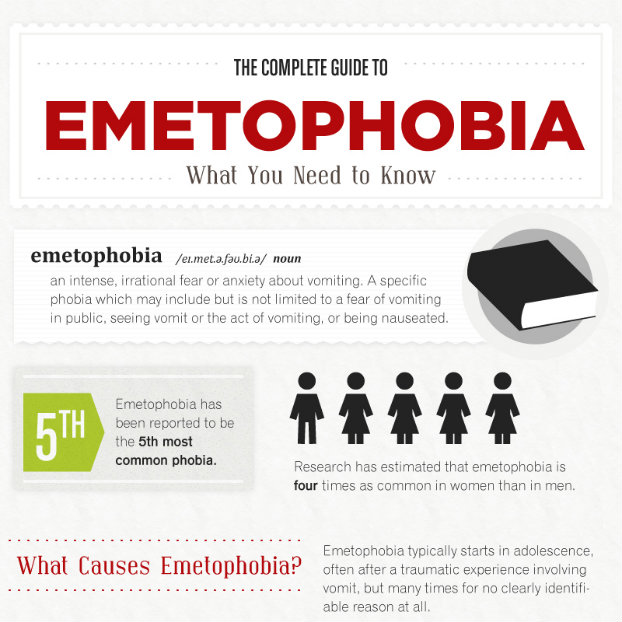Anxiety disorders like emetophobia can lead to high amounts of stress, frustration and unhappiness. They can affect one’s overall well-being and interfere with one’s personal life and ability to feel successful.
While some people who struggle with anxiety want to feel calm and relaxed, their brain chemistry often plays a part in their ability to do so. The long-term effects of chronic anxiety can be seen in their behavior (irritability, difficulty concentrating and focusing on a task) and in their bodies (exhaustion, frequent illness).
The amygdala is a structure in the brain which is associated with strong emotions, especially negative ones like fear. Scientists have noticed that activation of the amygdala usually occurs when someone is feeling afraid.
Researchers have recently found that different neurons within the amygdala may have different effects on anxiety. Surprisingly, some neurons in the amygdala may actually reduce anxiety when stimulated.
If researchers can discover which part of the brain can be activated to lessen feelings of anxiety and worry, they may be better able to treat people who have chronic anxiety problems. They can do this by developing drugs which will increase brain activity in the anxiety-reducing part of the amygdala, directly or indirectly.
To learn more about brain circuitry and how it relates to anxiety, you can visit the link below. The link will lead to an article which provides more detail about how neurons work and explains the research findings and implications for the future.
Photo Credit: ZEISS Microscopy via Compfight cc





